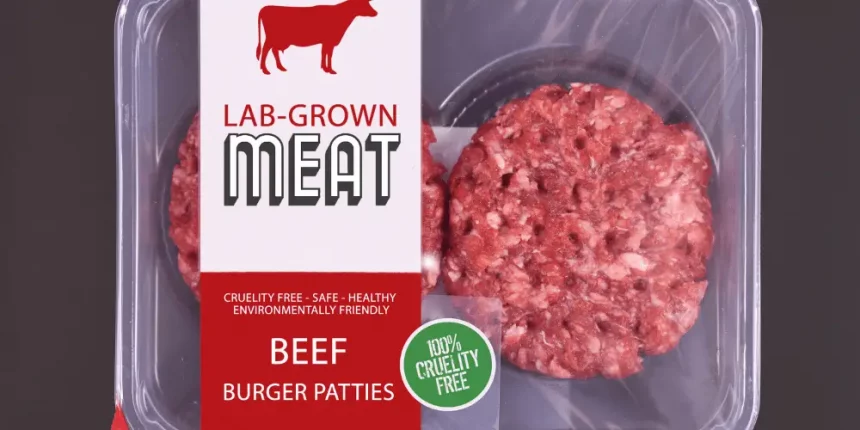In today’s rapidly changing food industry, where innovation and technology are reshaping our diets, lab-grown meat has captured both attention and controversy. This new method of producing meat without animal slaughter stands at the forefront of polarizing debates in the world of food technology. Arizona has recently become a focal point in this debate, with legislative measures that echo global resistance to lab-grown meat. This development marks a significant moment in the ongoing conversation about the future of food, raising questions about the implications of scientific advancements on health, the environment, and our societies.
The controversy surrounding lab-grown meat delves deep into the realms of ethics, tradition, and economic implications. Arizona’s legislative pushback reflects the growing skepticism towards lab-grown meat, highlighting the critical balance between innovation and tradition in our journey towards sustainable food systems. As we navigate this complex issue, it is essential to approach the discussion with an open mind, yet critically examine this emerging technology. This article aims to shed light on Arizona’s stance and the broader implications of lab-grown meat, providing guidance to navigate this controversial market.
Arizona’s Legislative Stand Against Lab-Grown Meat
Arizona has taken decisive steps against lab-grown meat, introducing two important bills, HB2121 and HB2244, that aim to prohibit and regulate the production and sale of cell-cultured animal products within its borders. House Bill 2121, spearheaded by State Rep. David Marshall, prohibits the offering, sale, or production of cell-cultured animal products aimed at human consumption in Arizona, with stringent penalties for violators. Complementing HB2121, House Bill 2244, sponsored by Rep. Huang Nguyen, specifically outlaws the intentional misrepresentation of lab-grown meats in marketing. These legislative actions are an expression of Arizona’s commitment to protecting consumers, preserving its agricultural heritage, and upholding food safety and transparency.
Arizona’s pushback against lab-grown meat is rooted in complex rationales, including public health concerns, the protection of traditional agriculture, economic and environmental considerations, as well as ethical and cultural dimensions. The state’s decision to introduce these bills reflects a conviction to safeguard its citizens, support its farming communities, and uphold its values against the tide of lab-grown meat innovations.
Critique of the Lab-Grown Meat Industry
Despite claims of innovation, the lab-grown meat industry faces criticism over its ethical, environmental, and economic implications. The ethical debate revolves around animal welfare, human health, and the manipulation of life forms for consumption. Environmental concerns question the sustainability of lab-grown meat compared to traditional farming practices, while economic critiques highlight the potential to disrupt traditional agriculture and concentrate wealth and control in the hands of a few corporations.
This critique of the lab-grown meat industry challenges the unchecked enthusiasm surrounding this emerging technology and calls for a more nuanced understanding of its consequences. The debate raises questions about the ethical, environmental, and economic impacts of replacing traditional meat with lab-grown alternatives, prompting a more reflective approach to food innovation.






